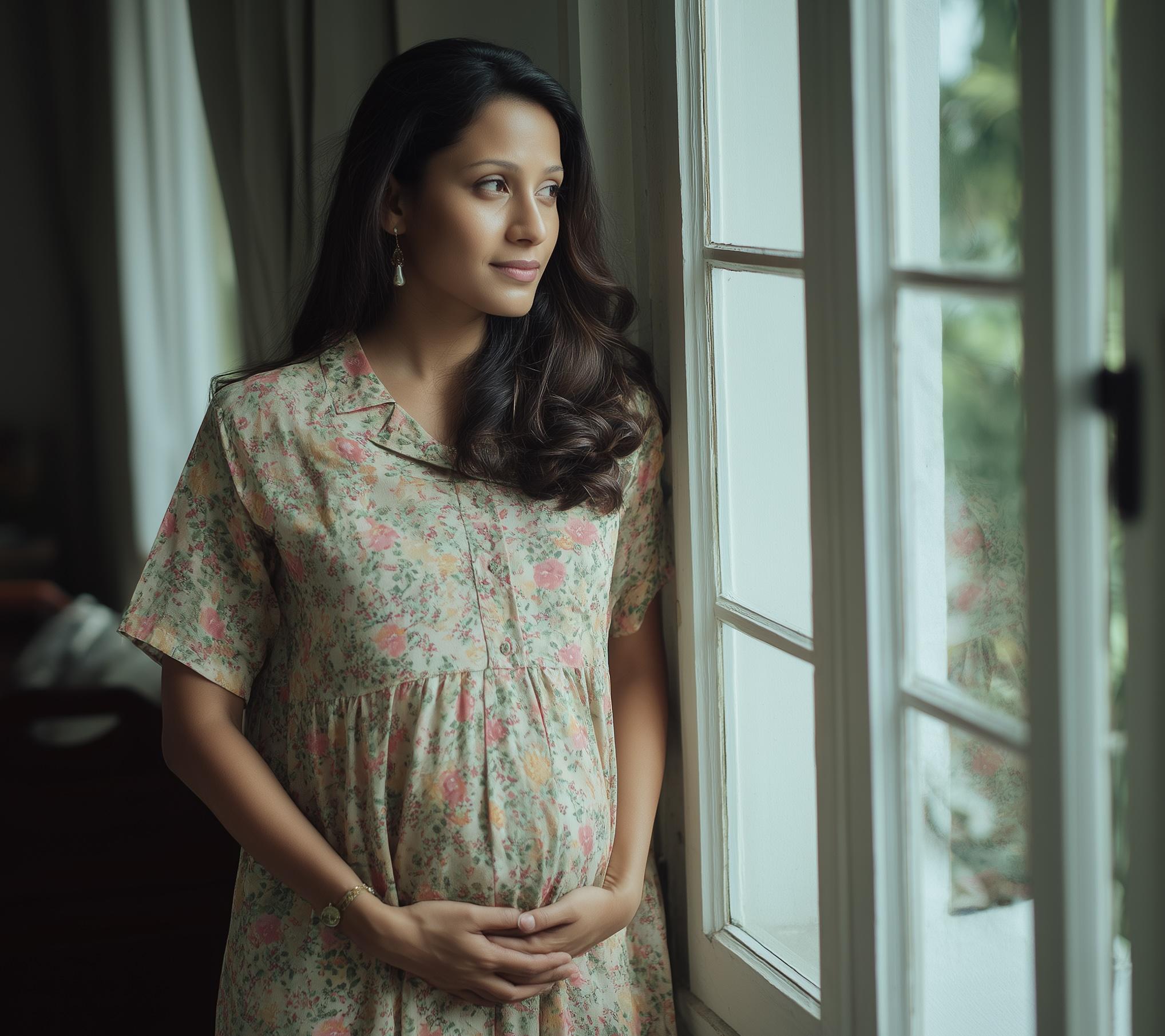If you have endometriosis and are thinking about having children, now or in the future, it’s normal to have questions and concerns. Endometriosis can affect fertility, but it doesn’t always mean you can’t get pregnant. Here’s what you need to know and some options to consider.
How Does Endometriosis Affect Fertility?
Endometriosis happens when tissue similar to the lining of your uterus grows outside of it. This tissue can cause inflammation, scar tissue, and sometimes blockages in the reproductive organs.
Ways endometriosis can impact fertility:
-
Blocked fallopian tubes: Scar tissue or cysts may block the tubes that carry eggs from your ovaries to your uterus.
-
Egg quality: Ovarian cysts (called endometriomas) can sometimes affect the quality of your eggs.
-
Inflammation: Ongoing inflammation can make it harder for eggs, sperm, and embryos to survive or implant.
-
Other factors: Even if there are no blockages, the overall pelvic environment may be less friendly to fertilization and implantation.
Does Everyone With Endometriosis Have Trouble Getting Pregnant?
No, many women with endometriosis do get pregnant naturally! But for some, it may take longer, and some may need extra support. Your experience will depend on the severity and location of your endometriosis and your overall health.
What Are My Options If I’m Trying to Conceive?
1. Try Naturally First
If your endometriosis is mild and you have no other fertility issues, you may be able to conceive without extra help. Many doctors suggest trying for 6–12 months (depending on your age) before seeking help.
2. Medical Treatments
If you’re not getting pregnant after a year (or 6 months if you’re over 35), see a fertility specialist. They might suggest:
-
Laparoscopy: Surgery to remove or reduce endometriosis tissue can sometimes improve fertility.
-
Ovulation induction: Medications can help stimulate ovulation.
-
Intrauterine insemination (IUI): Sperm is placed directly into the uterus to increase the chance of fertilization.
-
In vitro fertilization (IVF): Eggs are fertilized outside the body, then placed in the uterus. IVF is sometimes recommended for women with moderate to severe endometriosis.
3. Freezing Eggs or Embryos
If you’re not ready to start a family yet, ask your doctor about egg or embryo freezing. This can be a good option if you have endometriosis and want to keep your options open for the future.
What Else Can Help?
-
Track your cycle: Use an app to understand your ovulation window.
-
Manage symptoms: Healthy lifestyle choices (diet, exercise, stress management) can support your overall health and fertility.
-
Get support: Dealing with endometriosis and fertility can be emotional. Reach out to friends, support groups, or a counselor if you need someone to talk to.
When to See a Doctor
See a specialist if:
-
You’ve been trying to conceive for 6–12 months without success
-
You have severe pain or other worrying symptoms
-
You’re over 35 and planning a pregnancy
Remember, everyone’s journey is different, and there are many paths to parenthood. Don’t be afraid to ask questions and seek support.
Medical Disclaimer
This article is for educational purposes only and does not replace medical advice. Always consult your doctor for diagnosis, treatment, and personalized fertility guidance.

